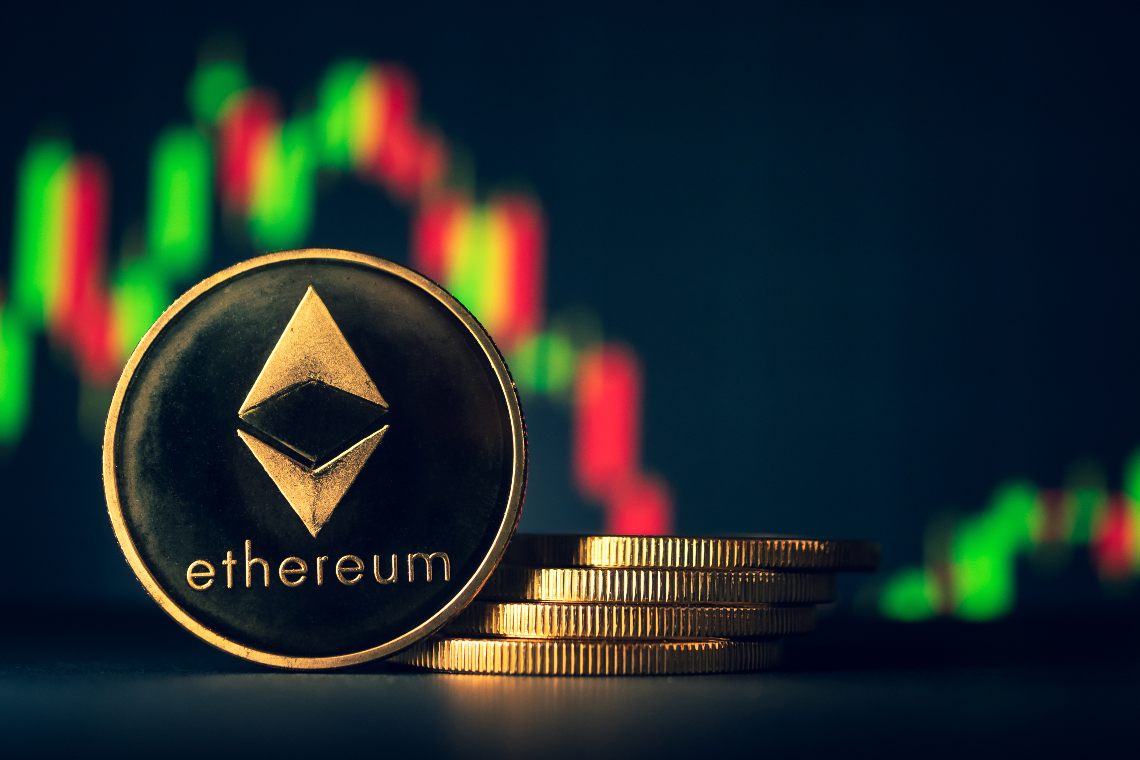Table of Contents
Jeremy Miller, a state senator from Minnesota, has completely changed his stance on Bitcoin—going from a skeptic to a believer. In a move that has surprised many, Miller is now pushing for the creation of a Bitcoin reserve for his state, arguing that it could generate wealth for Minnesota residents.
“I Believe in Bitcoin” – A Political Shift
“As I continue to learn more about cryptocurrencies and hear from an increasing number of voters, my opinion has evolved—I’ve gone from being highly skeptical to a strong advocate of Bitcoin and other digital assets,” Miller announced on March 18.
To act on his newfound enthusiasm, he is introducing legislation that would allow Minnesota’s state investment division to purchase Bitcoin as part of an official state reserve. The proposal follows similar initiatives in other U.S. states, but none of these have yet been fully approved. As of now, 23 states have proposed Bitcoin-related bills, but they remain stalled at various legislative stages.
Bitcoin for Taxes, Retirement, and Financial Freedom?
Under Miller’s bill, state employees would have the option to include Bitcoin in their retirement portfolios. Additionally, Minnesota residents could pay taxes and government fees using Bitcoin, following in the footsteps of states like Colorado and Utah, which already allow crypto tax payments. Louisiana has gone even further, permitting crypto payments for state services.
One particularly bold aspect of Miller’s proposal is that profits from Bitcoin holdings would be exempt from state taxes. This would create a powerful incentive for individuals and institutions to hold Bitcoin long-term, potentially making Minnesota one of the most crypto-friendly states in the U.S.
Waiting for the Green Light on Bitcoin Reserves
For now, this remains just a proposal. No U.S. state currently has a legally recognized Bitcoin reserve—with one major exception: Donald Trump’s Strategic Bitcoin Reserve. This initiative is already in motion, marking a significant shift in how governments view Bitcoin as a legitimate store of value.
The reserve’s structure allows for additional Bitcoin purchases as long as they don’t cost taxpayers anything—meaning any acquisitions must be budget-neutral. How exactly this will work remains a mystery, likely known only to a select few within the Trump administration.
Bitcoin vs. Traditional Investments – The Numbers Don’t Lie
If the U.S. government moves forward with Bitcoin purchases, the hope is that its spectacular historical returns will continue. Between August 2011 and January 2025, Bitcoin delivered an average annual return of 102.36%—a jaw-dropping figure compared to the S&P 500’s 14.83% annual return over the same period.
With these numbers in mind, it’s no surprise that more politicians are warming up to the idea of Bitcoin as a strategic asset. Whether Miller’s proposal gains traction or not, one thing is clear: Bitcoin is no longer a fringe idea—it’s becoming a serious topic in political and financial circles alike.
- US Dollar Weakness Sparks Bitcoin Optimism – Is Now the Perfect Time to Buy? - April 16, 2025
- Dogecoin: Wild Ride from Meme to Mainstream - April 16, 2025
- What is Ethereum Virtual Machine (EVM): Heart of Ethereum - April 15, 2025


























